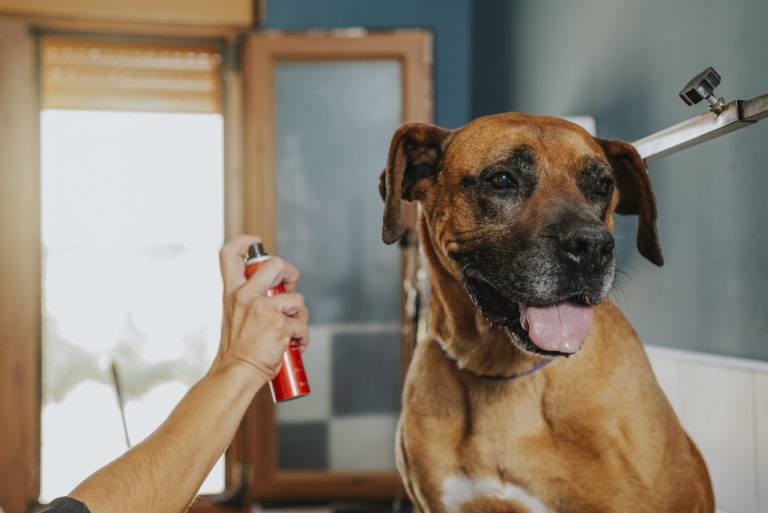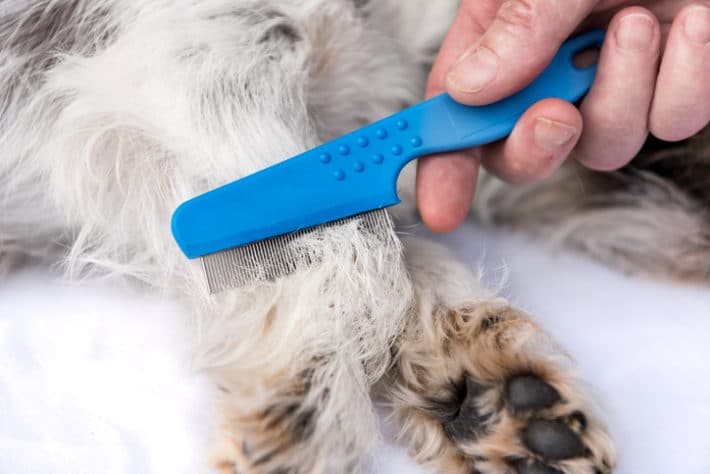- Home
- Gear Categories

- Home
- Dog Flea & Tick Products
Dog Flea & Tick Products
Fleas and ticks are among the most common pests that bite dogs. These pests are known to cause a variety of health problems, and it’s important to find the right products to treat them. We've rounded up a few buying guides and blog posts to help you navigate the best flea and tick products for your dog.
Updated Nov 11, 2024
Keep away mosquitoes and bugs from your dog to make them healthy and strong. Find out about the top insect repellent for dogs in 2024.
Updated Oct 25, 2024
We are bringing a list of the best flea and tick dog collars for 2024. Keep reading to see who made our list and how to choose the best one.
Updated Jul 26, 2024
Updated Jun 13, 2024
by Amber Rival
Use the best flea and tick prevention for dogs in 2024 and keep your little friend safe from disease-spreading insects with irritating bites.
Updated May 31, 2024
Avoid all chemical-based treatments and completely remove fleas from your beloved pet with the best flea comb for dogs in 2024.
Updated Jan 31, 2024
by Amber Rival
It’s normal for your pooch to lick its paws randomly, but you may need to check for other concerns if your dog is doing the deed obsessively.
Updated Nov 21, 2023
Updated Aug 25, 2022
You and your pet enjoy many benefits when you engage in regular flea and tick prevention techniques. Read on to find out more about these benefits.
Updated May 17, 2021
by Amber Rival

Follow the DogGear team for instant updates to your inbox on all things related to your dog's wellness.








